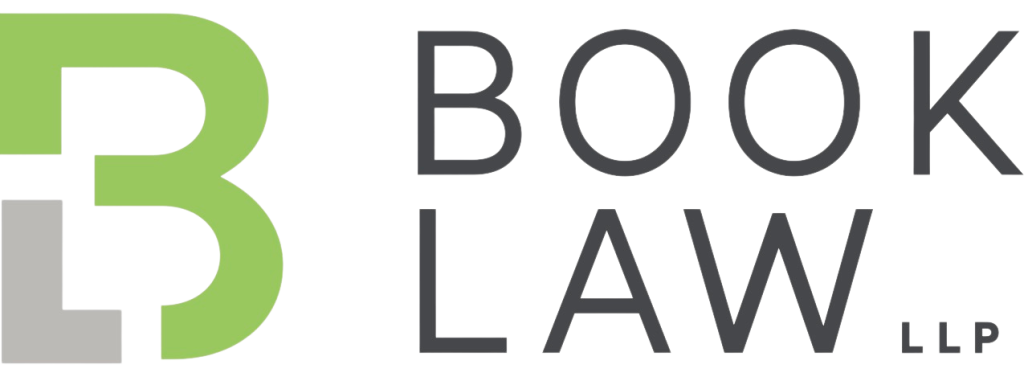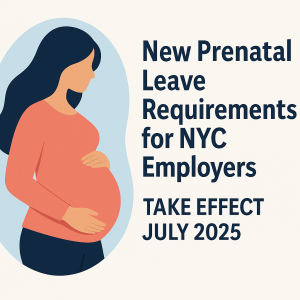Making sure your employees are geared up with masks at work may not be enough. This is the message that employers should take away from the proposed class action that a store customer brought against Nike in California state court, on behalf of herself and others who also are deaf or hard of hearing.
Nike, like many other companies, had implemented a mask-wearing policy to protect both its retail store workers and customers. However, according to the class action complaint, Nike required its workers to wear Nike-branded masks made of cloth or other opaque fabric. As a result, Nike found itself with a disability discrimination lawsuit by a Nike store customer with a hearing disability who allegedly had an upsetting store experience. While at the retail store, plaintiff Cali Bunn had trouble communicating with and understanding a salesperson whose Nike face mask obstructed the salesperson’s mouth and facial expressions. The salesperson allegedly did not accommodate Ms. Bunn and instead expressed frustration with her, depriving Ms. Bunn of a valuable and friendly customer experience. To prevent other similarly–situated deaf or hard of hearing customers from having a similarly upsetting experience, Ms. Bunn filed this class action lawsuit against Nike, claiming violations of the Americans with Disabilities Act (“ADA”) and California’s civil rights and discrimination laws.
Employers in New York City should be aware that the City’s Human Rights Commission explicitly states that a reasonable accommodation for a hard of hearing employee would be to provide co-workers with clear face coverings that would help such employee read their coworkers’ lips. Employers in NJ and elsewhere in NYS would likely also be required to provide face masks with clear panels as a reasonable accommodation to co-workers who are deaf or have a disability that prevents them from communicating with employees in opaque masks. Employers should consider providing face masks with clear panels to employees when the employer knows or has reason to know that their co-workers have hearing disabilities, and to employees who are in customer-facing positions. In addition to preventing potential disability discrimination lawsuits, this will also facilitate communication, work efficiency and efficacy, and morale among colleagues in the workplace and ultimately benefit the employers’ operations.
If you have any disability discrimination-related questions, please contact Chaim Book at cbook@mb-llp.com or Sheryl Galler at sgaller@mb-llp.com.

